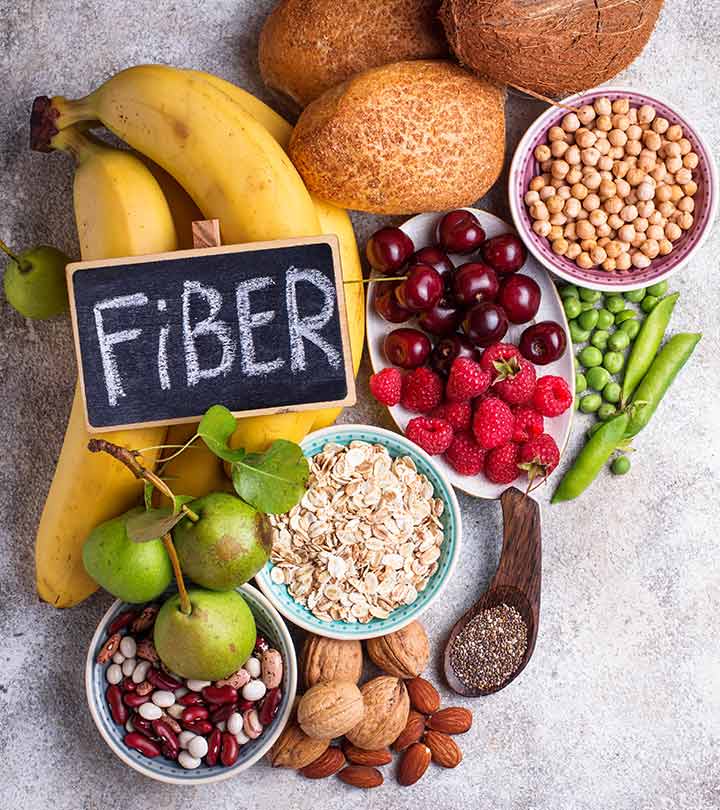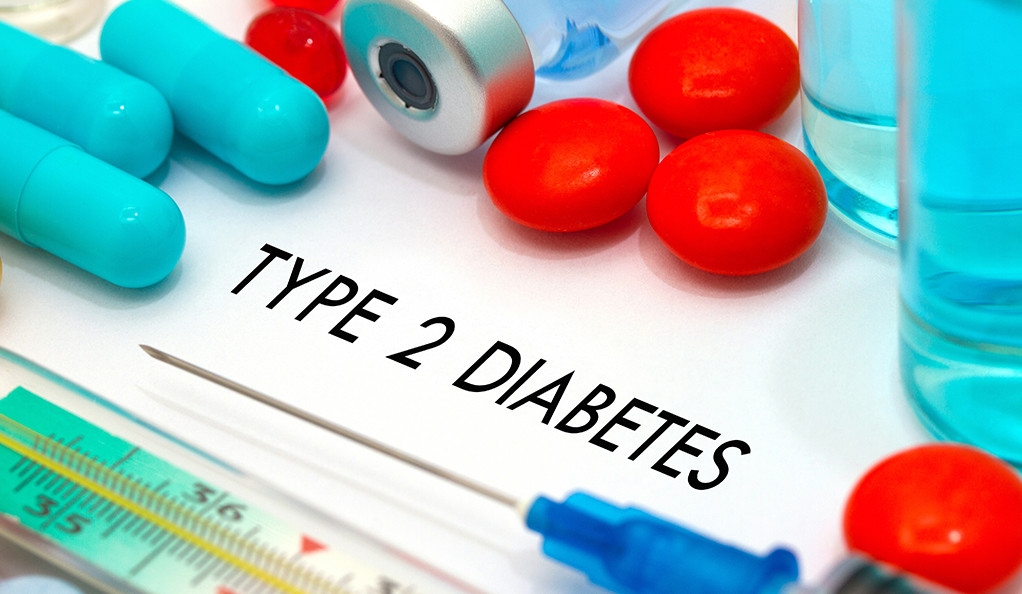Type 2 diabetes is one of the chronic diseases that affect millions of people all over the world. Severe side effects include serious conditions such as blindness, heart diseases, and kidney failure. Many people are diagnosed with prediabetes, a condition before diabetes where the blood sugar levels spike. Studies suggest that 70% of individuals with prediabetes tend to develop type 2 diabetes. However, you can reduce the risk factors of diabetes by introducing the following lifestyle changes.
Cut down on sugar and refined carbs

Consumption of sugary foods or refined carbs can quickly lead you towards diabetes. Such foods are quickly broken down into smaller molecules that are instantly absorbed into the bloodstream. The increase in blood sugar further stimulates the pancreas for producing insulin.
The body cells of people with prediabetes are resistant to insulin. As a result, sugar cannot be absorbed from the bloodstream into the cells. The pancreas, in turn, produces more insulin trying to reduce the blood sugar back to a healthy level. A progressive rise in the levels of blood sugar and insulin over time eventually leads to type 2 diabetes.
Regularly indulge in some sort of physical activity

A sedentary lifestyle with little or no activity can put you at a higher risk of diabetes. Optimal regular physical activity is essential to combat diabetes.
Your cells become more sensitive to insulin when you indulge in moderate-intensity exercises such as regular work out, aerobics, or strength training, and high-intensity interval training. As a result, your body requires less insulin to keep the levels of blood sugar under control.
Drink plenty of water

Water is a natural beverage you can enjoy any time. It can help you cut down on other synthetic beverages like soda and punch with loads of sugar, preservatives and many questionable ingredients. Excess intake of artificially sweetened beverages or even fruit juices can increase the risk of latent autoimmune diabetes of adults or LADA and type 2 diabetes.
Try to shed some pounds

It is essential to maintain a healthy weight to avoid reaching the verge of getting diabetes. Excess visceral fat promotes insulin resistance and inflammation thereby increasing the risk of type 2 diabetes. You can reduce weight by following a low-carb vegetarian diet.
Quit smoking

Excess smoking can cause severe health conditions such as heart diseases, lung cancer, emphysema, breast cancer, prostate cancer and cancer in the digestive tract. Active smoking and second-hand passive exposure to smoke are also linked to type 2 diabetes.
Switch to a very-low-carb diet

A very-low-carb or ketogenic diet can help combat diabetes. Such a diet also promotes weight loss, controls blood sugar, regulates insulin levels, improves insulin sensitivity and reduces other risk factors connected to diabetes. A very-low-carb or ketogenic diet also effectively reduces fasting blood sugar.
Follow portion control

You can reduce your risk of diabetes by controlling your meal portions. Eating large portions of foods at a time may raise your insulin and blood sugar levels putting you at a higher risk of diabetes.
Follow a diet rich in fibers

Eating plenty of soluble and insoluble fibers improves gut health and assists in weight management. It can help control blood sugar levels and regulate insulin resistance.
Optimize the levels of vitamin D

Vitamin D plays an important role in controlling blood sugar levels and type 2 diabetes. Vitamin D supplements can help normalize blood sugar levels, improve the function of insulin-producing cells, and significantly reduce the risk of diabetes. Some healthy sources of vitamin D include cod liver oil, fatty fish, and exposure to the sun.
Cut down on processed foods

Higher consumption of processed foods can lead to various health issues such as obesity, diabetes, and heart diseases. Most of the packaged foods use refined grains, vegetable oils, and additives as primary ingredients.
Drink tea or coffee

Including tea or coffee in your diet can help avoid diabetes. Tea and coffee contain antioxidants called polyphenols. Green tea also contains a unique antioxidant compound known as the epigallocatechin gallate (EGCG). These antioxidants help reduce the release of blood sugar from the liver and improve insulin sensitivity.
Include natural herbs in your meals

Certain natural herbs like turmeric and berberine can improve your insulin sensitivity and minimize your chances of having diabetes.





